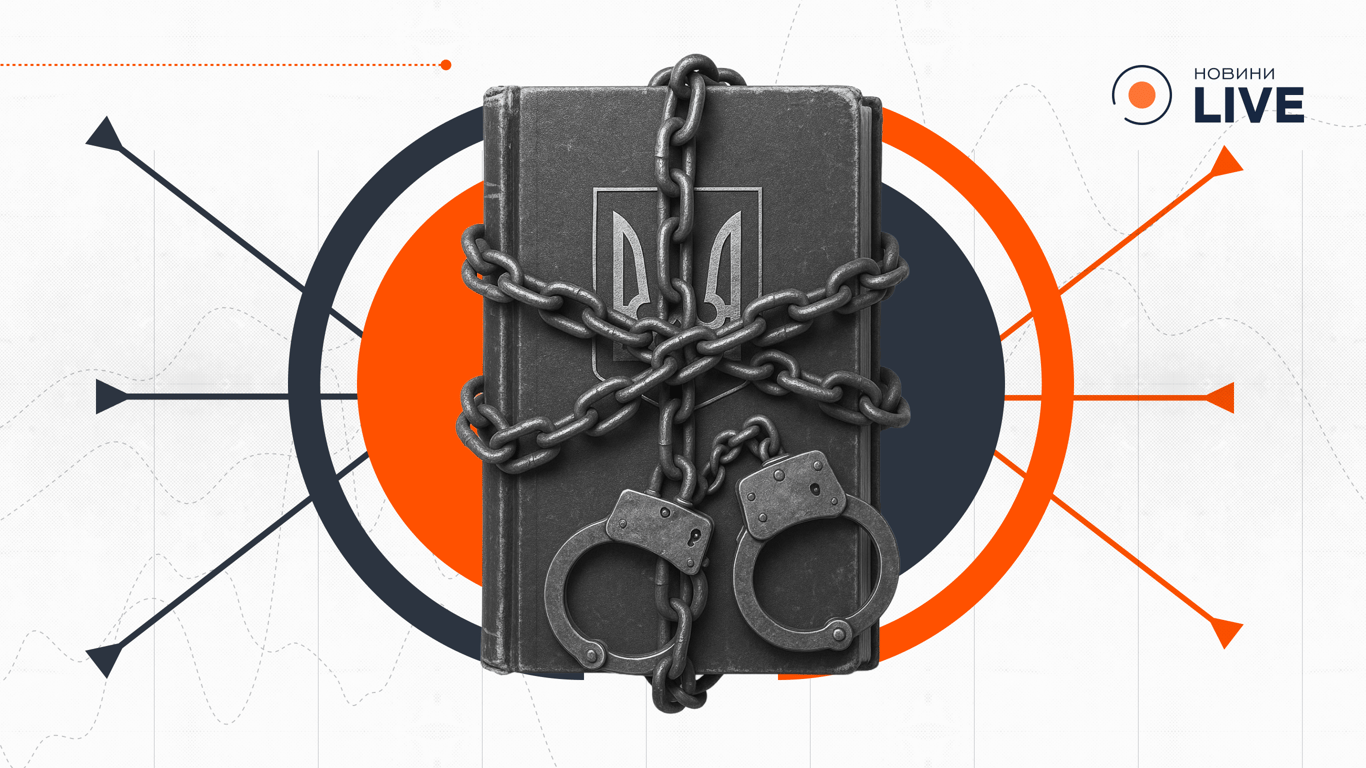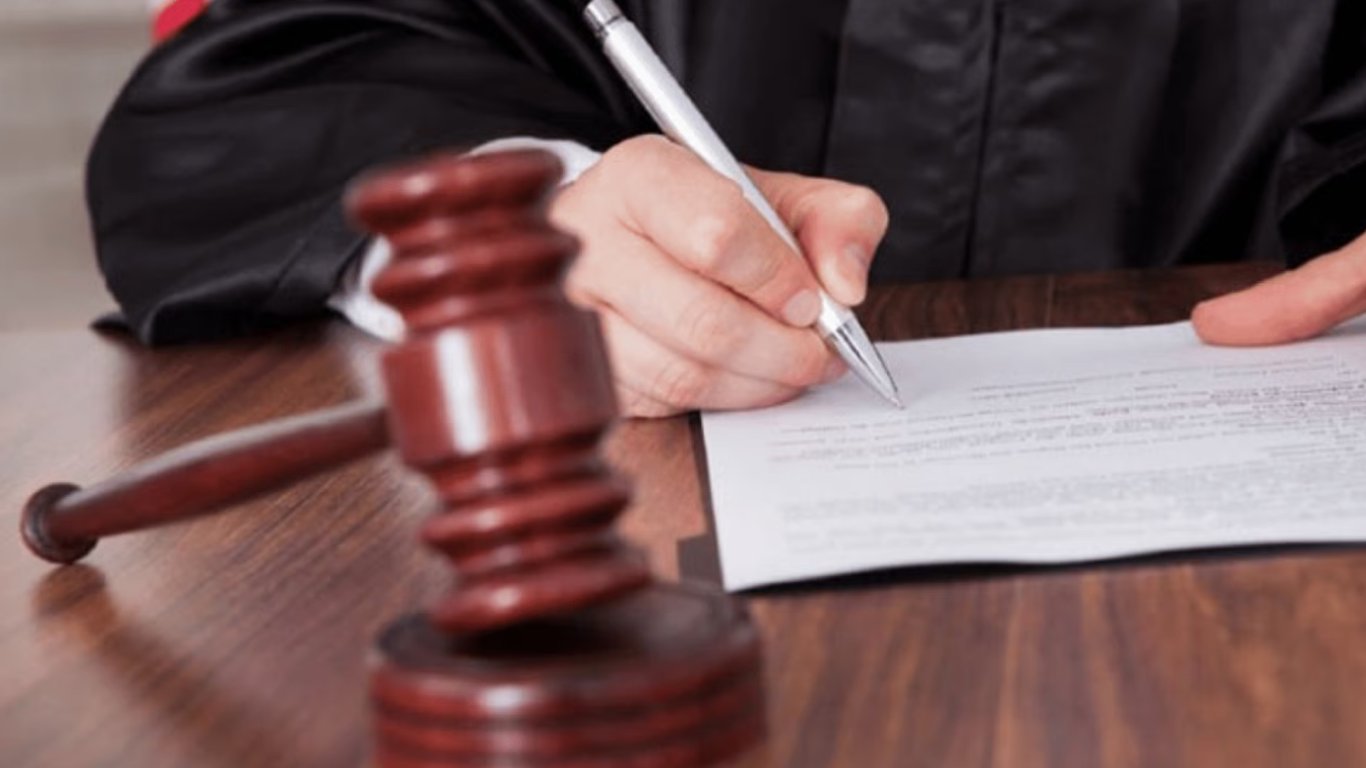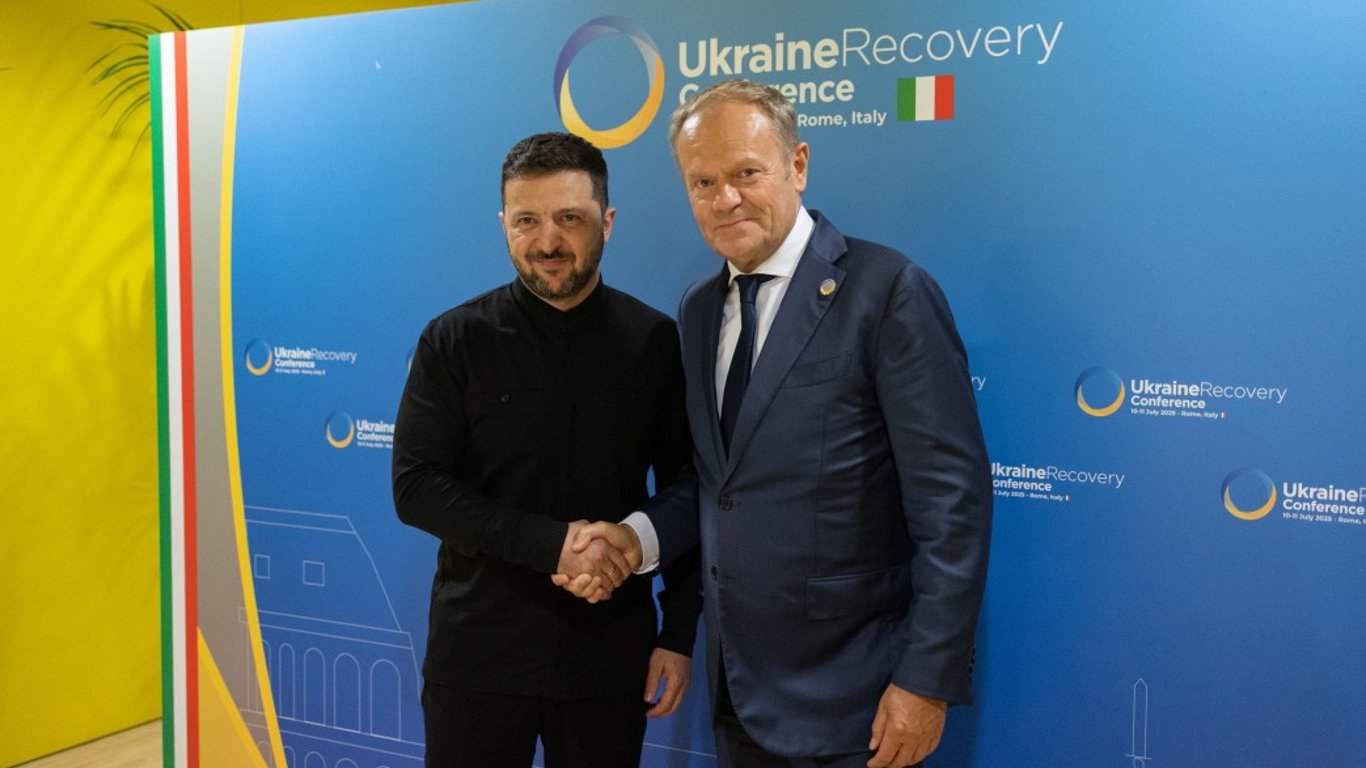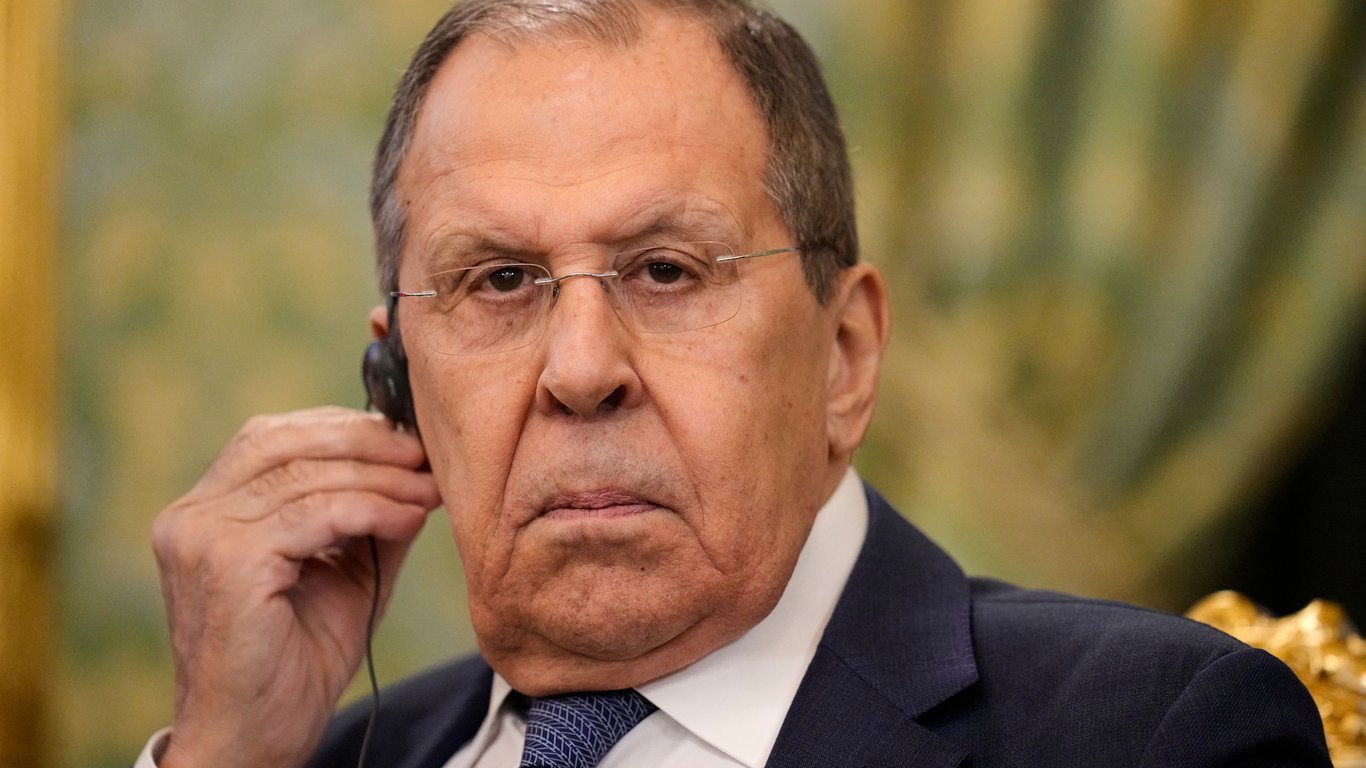Circumventing sanctions will become a criminal offense — who is at risk.


Recently, there has been talk of a new law: the Verkhovna Rada plans to introduce criminal liability for violations of economic sanctions. It sounds serious – fines of up to two million hryvnias or even up to 10 years of imprisonment. But an important question arises: are we ready for this? And is it as simple as it seems?
What's the issue with sanctions?
Imagine a situation where you are told that there will be severe punishment for violating certain rules. However, the rules themselves are poorly understood, and no one has clearly explained what exactly constitutes a violation from the perspective of criminal legislation.For a long Time, the authorities explained that sanctions are not punishment, as stated in the Criminal Code. They are merely restrictions: some are prohibited from doing business, using money, or traveling abroad. The main goal is to stop activities that harm Ukraine.But the new law sharply changes the approach. Now, circumventing these 'restrictions' is proposed to be punished seriously: with fines, bans on working in certain positions, confiscation of property, or even imprisonment. And this can apply not only to those against whom sanctions were imposed but also to their partners or assistants.
What does the European experience say?
The European Court of Human Rights (the very one in Strasbourg) has special 'hints' on how to determine whether a specific accusation is 'criminal', even if it is not called that in the country. These 'hints' are known as the 'Engel Criteria'.The court considers three aspects:What this violation is called in the laws of the country.The essence of the violation itself (how serious it is).How severe the punishment can be.If we apply these criteria to our sanctions, an interesting picture emerges. The grounds for imposing sanctions in Ukraine (threat to national security, support for terrorism) resemble the elements of crimes described in the Criminal Code. Yet the possible consequences of sanctions, especially under the new bill, could be regarded as serious punishment by European standards, and sanctions in Ukraine could be perceived as a 'criminal accusation.'
What is the way out?
Before introducing criminal liability for violations of sanctions, it is necessary to put the sanctioning legislation in order. What does this mean?Provide a clear definition: the legislator must clearly state what sanctions are from a legal perspective. Are they a form of punishment or a special kind of restriction?Coordinate with the Criminal Code: if sanctions closely resemble criminal penalties, they should be appropriately 'integrated' into the criminal legislation rather than creating a parallel system of liability.Ensure transparency and protection: there must be clear procedures for applying sanctions, especially concerning Ukrainian citizens, and mechanisms for protecting their rights.Only after this can we talk about fair and justified criminal liability for their violations.
The Ukrainian parliament is considering the possibility of introducing criminal liability for violations of economic sanctions. The new law could significantly change the approach to punishing such violations, so it is important to carefully study the European experience and adhere to international standards in this area to ensure justice and protection of citizens' rights.
Read also
- Zelensky discussed weapons and sanctions against the Russian Federation with US senators
- Father of three children did not appear at the military enlistment office — how the court punished him
- Zelensky discussed with Tusk the production of weapons and strengthening air defense
- Millions in damages caused - suspicions announced for officials of the Kyiv City State Administration
- Kellogg said he envisions a US plan for Ukraine's recovery
- Ending the War - Russia Presented the US with a New Plan for Ukraine









